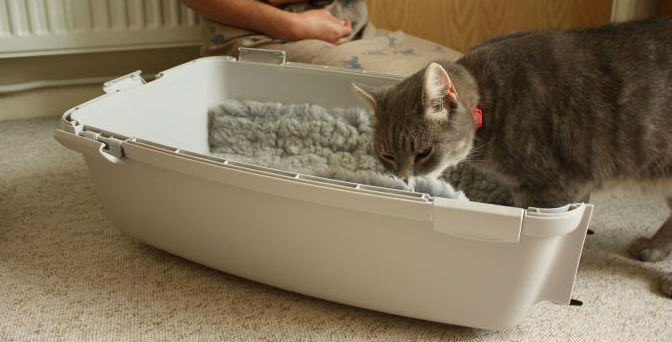Hi Cori,
Thanks for your question.
I’m sorry to hear you are dealing with this unpleasant problem with your cat. Anal glands are small sacs on either side of the anus that produce a strong-smelling liquid. Normally, the anal glands are expressed each time a bowel movement occurs. However, some dogs and cats do not empty these glands normally and they become too full, which can eventually block the duct and lead to infection and rupture of the anal gland.
Impacted anal glands in cats isn’t caused by one singular underlying reason, but it can be related to gastrointestinal parasites or other infections, food allergies, dietary sensitivities, stress, anatomical variation, or anything else that can cause abnormal feces or inflammation of the rectum or anus. Addressing these possible underlying medical issues could resolve the anal gland issue.
Consider investigating these possible problems further with your veterinarian – for example, you can run a fecal test to check for parasites, try a different diet, and work to reduce potential sources of stress in the home. Regular assessment and expression of the anal glands by your veterinarian may also prevent things from progressing to infection in the future. In some cases, surgical removal of the anal glands is the only way to stop repeated infections – however, this is reserved for only the most severe, intractable cases, or those animals with anal gland tumours. Your veterinarian can help you determine the best next step for your cat so that you can continue to keep her comfortable.
I hope this advice helps!
Dr. Kim Hester
